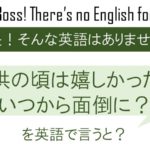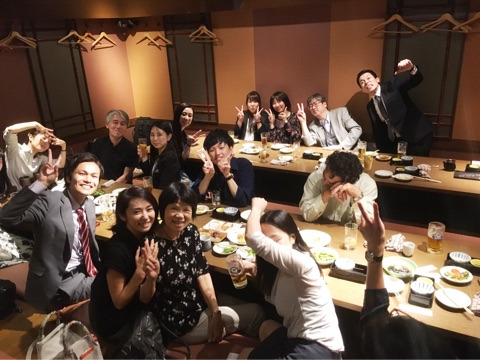
One advantage that books have over film adaptations is that the story can be fleshed out in greater detail. Books and films are very different mediums, and time constraints make it impossible for film directors to include every detail from the original source material. In some cases, the way in which a book has been written may also make it difficult to adapt to the screen, and require some creative license on the part of the filmmaker.
An important choice that casting directors must make is which actors and actresses should play given roles. If an actor is miscast in a role, it could have a negative effect on the film as a whole. A case in point is Francis Ford Coppola’s casting of Keanu Reeves as Jonathan Harker in his adaptation of Bram Stoker’s Dracula. Reeves’ accent and mannerisms were both unconvincing and unsuited to the role, which distracted the viewer’s attention from the story.
On a related note, fans of a novel may have certain expectations of what a film adaptation should be like, and these expectations may be unrealistic in some cases. It might be better for them to view the book and the film as distinct entities, such that each can be enjoyed on its own terms, even if there isn’t much similarity between them. A case in point is J.R.R. Tolkien’s Lord of the Rings trilogy. It would be unrealistic for a reader to expect Peter Jackson’s films to meticulously follow and include every detail of the novels to the letter. What is more important is whether Jackson successfully captures the essence of the novels, and, on this score, the answer is a resounding “yes”.
Two recent movies that I have seen that are based on novels that I have read are It, based on the novel by Stephen King, and Crazy Rich Asians, based on the novel by Kevin Kwan. I will now discuss each of these in turn, as case studies of the process of adapting novels to films. Although it is a highly readable page-turner, It weighs in at over 1000 pages, so the filmmakers have wisely chosen to split the film adaptations into two parts. Part One is an exemplary example of a book-to-film adaptation. The filmmakers have deftly balanced a coming of age story with moments of horror to produce a story with heart and characters whom the audience cares about, but also has a consistently menacing atmosphere.
Crazy Rich Asians also does a splendid job of adapting the novel to the screen. Given the source material, one might have expected the filmmakers to slavishly follow the plot and details of the novel. But instead there are a number of deviations from the novel, and all of them are effective. Scenes have been added or changed judiciously, and always in the service of the story and character development. Apparently, some of these scenes were initiated by the comedic improvisation of the actors themselves.
In summary, books and film adaptations are different beasts and this makes it difficult to say that one is “better” than the other in any clear-cut sense.
Ming
Vocabulary
meticulous (adj.) – very thorough and with careful attention to detail
slavishly (adv.) – in a way that follows what other people do without thinking for yourself
judiciously (adv.) – in a way that shows intelligence and good judgment
improvisation (n) – to do something spontaneously and withouth preparation; using what is available instead of what is most suitable
英語学習をフルサポート!
マンツーマン&コーチングの英会話教室























